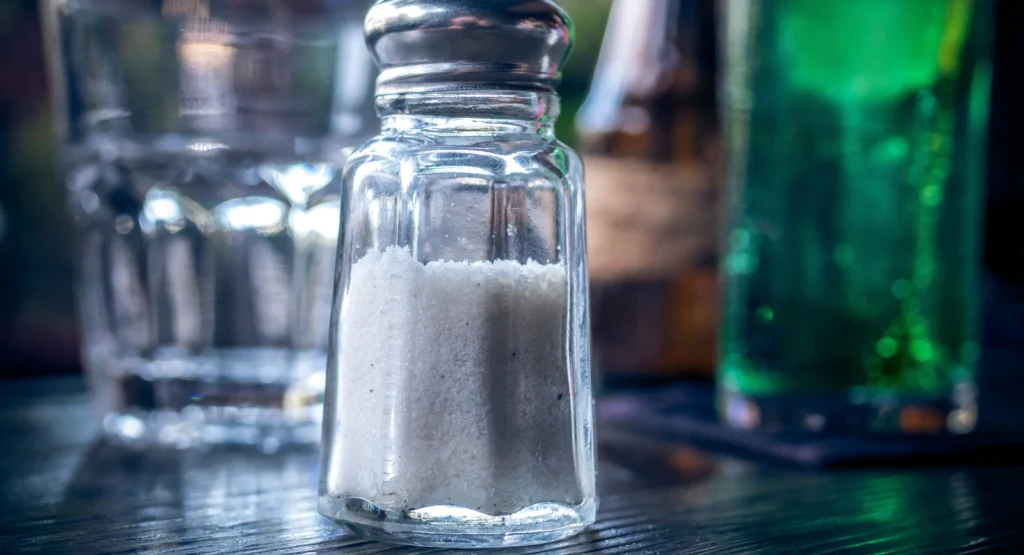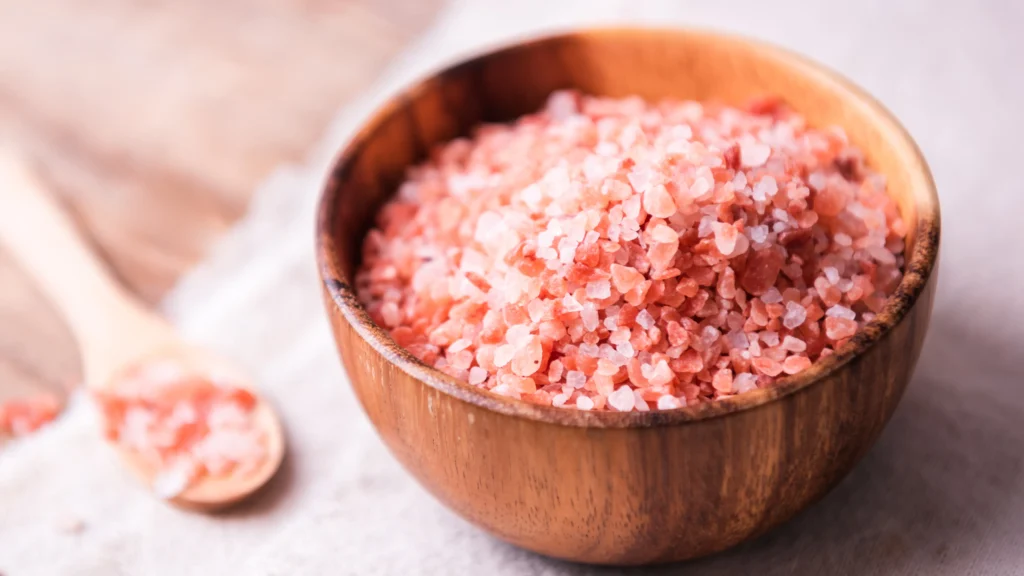
Learn how salt affects weight loss, bloating, and cravings. Discover smart tips to reduce salt intake and achieve better weight loss results naturally.
When we think about weight loss, most people focus on calories, exercise, or diet plans. But one simple ingredient in our daily food — salt — also plays a key role in our weight management journey. Understanding how salt affects your body can help you make smarter choices for better health and effective weight loss.
The Role of Salt in the Body
Salt, or sodium chloride, is essential for survival. It helps maintain fluid balance, nerve function, and muscle contractions. However, consuming too much salt can create several issues, especially when you are trying to lose weight.
Why Do We Need Salt?
Salt, also known as sodium chloride, is not always the villain. In fact, our body needs sodium for several important functions:
- It helps maintain the balance of fluids in our body.
- It supports muscle contractions and nerve function.
- It plays a role in maintaining blood pressure.
The problem starts when we eat too much salt. Modern diets, especially in India, include processed foods, pickles, snacks, and ready-to-eat meals that contain high amounts of hidden sodium. Over time, this affects both health and weight loss progress.
How Salt Affects Weight Loss
1. Water Retention and Bloating
- Eating salty foods makes your body hold onto extra water.
- This can cause bloating, puffiness, and a temporary increase in weight.
- Even if you are eating healthy and exercising, high salt intake might prevent you from seeing real results on the weighing scale.
2. Increased Cravings
- Salty foods often come with high calories — think chips, fried snacks, or processed foods.
- These foods trigger cravings, leading you to eat more than you planned.
- This can slow down your weight loss progress.
3. Impact on Blood Pressure and Energy
- Too much salt raises blood pressure, which can make workouts harder.
- High sodium levels may also cause fatigue, reducing your motivation to stay active.
4. Hidden Sodium in Processed Foods
- Packaged foods like instant noodles, sauces, bread, and pickles contain hidden salt.
- Even when you think you are eating “healthy,” extra sodium can sneak into your diet.
How Much Salt Should You Have?
Health experts recommend limiting sodium intake to less than 2,300 mg per day (about one teaspoon of table salt). For better weight loss and overall health, keeping it closer to 1,500 mg per day is even more beneficial.

Smart Ways to Reduce Salt for Weight Loss
- Cook at home with fresh ingredients instead of processed foods.
- Flavor with herbs and spices like ginger, garlic, turmeric, cumin, and lemon juice.
- Read nutrition labels carefully before buying packaged foods.
- Avoid adding extra salt at the table; taste food first.
- Drink enough water to flush out extra sodium.
- Choose potassium-rich foods such as bananas, spinach, and sweet potatoes to balance sodium levels.
Does salt make you fat?
Salt itself does not cause fat gain. However, it makes your body hold water, which increases weight temporarily and makes you feel bloated.
Is pink salt better than table salt for weight loss?
Pink Himalayan salt may contain trace minerals, but it affects weight loss the same way as regular salt. Moderation is key, regardless of the type of salt.
Can reducing salt help me lose weight quickly?
Cutting down salt reduces water retention, which can show quick results on the scale. But long-term fat loss depends on your diet, exercise, and lifestyle.
Final Thoughts
Salt is not directly responsible for fat gain, but it influences water weight, cravings, and energy levels, which all affect your weight loss journey. By reducing excess salt and choosing healthier alternatives, you can feel lighter, reduce bloating, and see better results from your efforts.
Remember — moderation is key. You don’t have to cut salt completely, but managing your intake can make a big difference in your health and weight loss goals.
Also Read Mental Fitness Matters: Simple Practices to Keep Your Mind Strong










